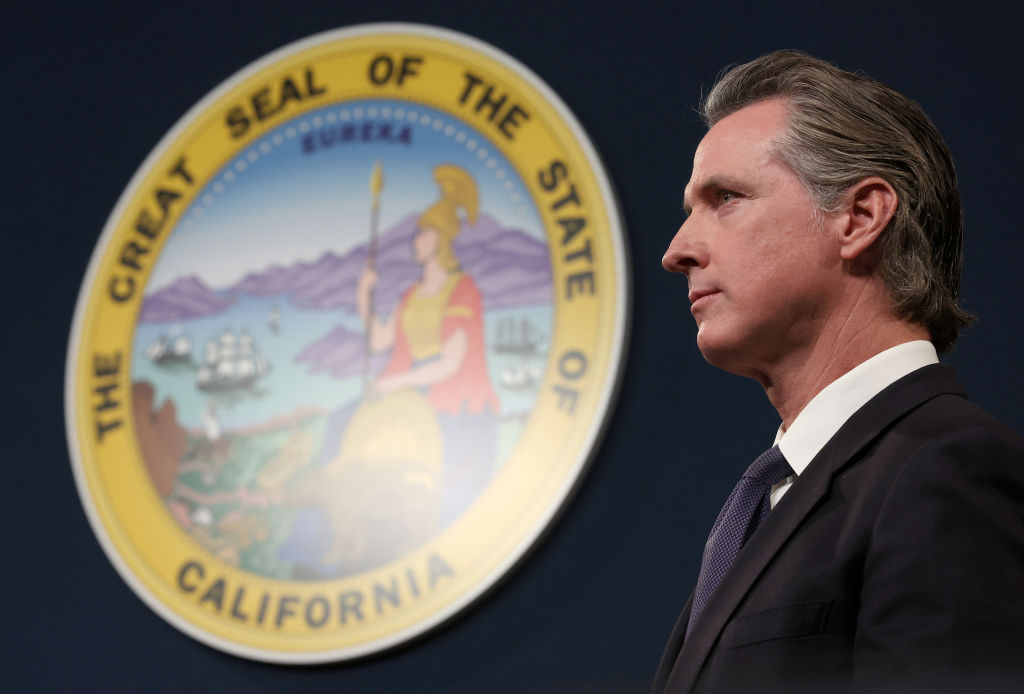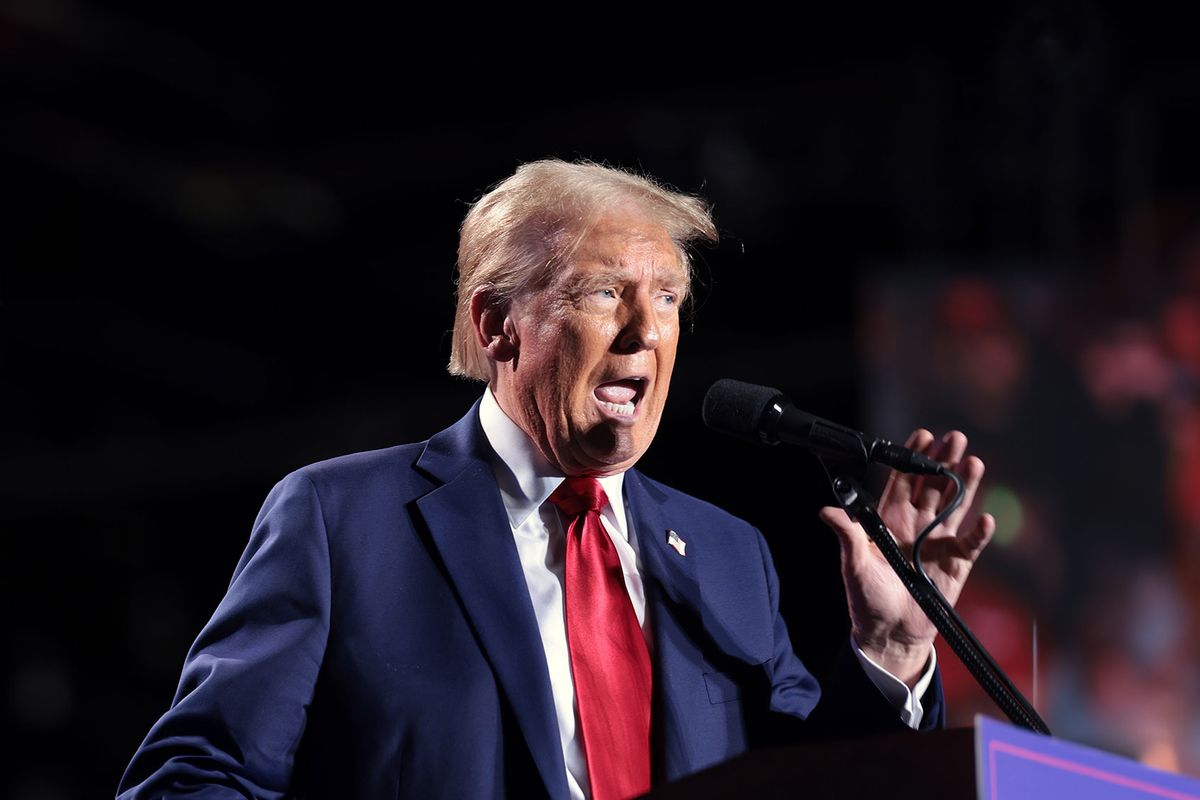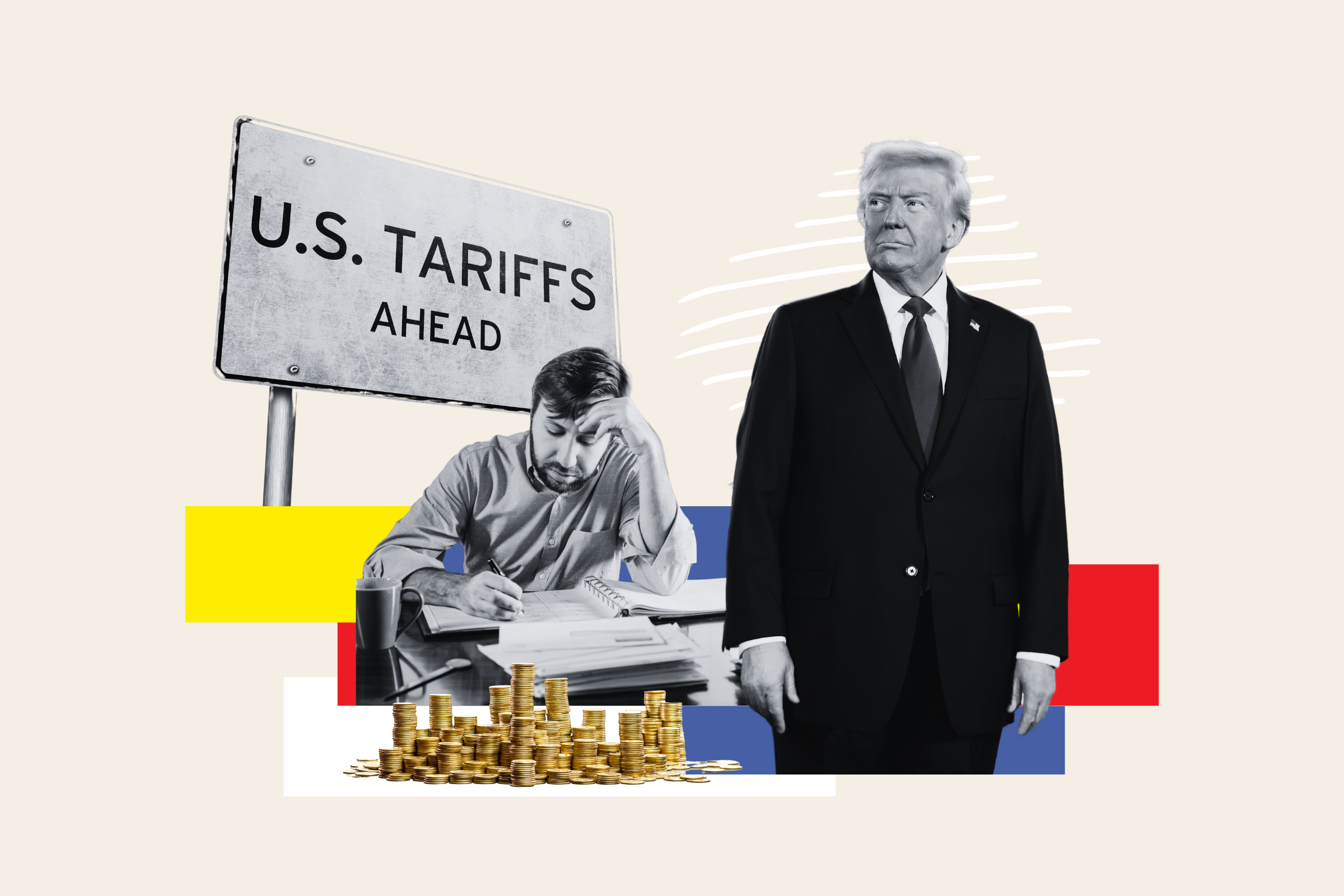President Bola Tinubu’s proposed tax regime is not only widening the north-south divide, it leaves unanswered the questions on fiscal federalism and viability of the states reports. AZIMAZI MOMOH JIMOH reports.
President Bola Ahmed Tinubu’s veto of the Vice President Kashim Shettima-led National Economic Council (NEC) decision to withdraw the tax reform bills from the National Assembly has intensified the lingering controversies about the proposed tax reform.
Special Adviser to the President on Information and Strategy, Bayo Onanuga, said on Friday that the President wants legislative work on the tax reform bills to proceed.
NEC’s decision, which emerged barely four days after the 19 Northern states governors rose from a meeting in Kaduna and announced their rejection of the tax reform bills, has equally threatened the existing cordial relationship between many members of the National Assembly of northern extraction and President Tinubu.
Consequently, lawmakers have been very cautious in reacting to the controversy. Not even the vocal northern Senators forum, led by Senator Aziz Yar’Adua, has spoken on the issue of the tax reform bills after the meeting of the northern governors.
Without a voice of dissent, the northern governors, led by the Gombe state governor, Mohammed Yahaya, asked their members from the National Assembly to reject the tax bills arguing that they are against the economic interests of northerners.
The bone of contention is the Value Added Tax (VAT) sharing template in one of the bills, (The Nigeria Tax Administration Bill), which seeks to change the sharing, reducing the federal government’s share from 15 to 10 per cent. However, the bill includes a caveat that the allocation among states will consider the derivation principle because companies remit VAT based on the location of their headquarters and tax office, rather than where the services and goods are consumed.
Specifically, the provision, which is tagged: “Distribution of Value Added Tax revenue”, is contained in the “Nigeria Tax Administration Bill.”
It reads: “Notwithstanding any formula that may be prescribed by any other law, the net revenue accruing by virtue of the operation of chapter six of the Nigeria Tax Act shall be distributed as follows: (a) 10 per cent to the Federal Government; (b) 55 per cent to the state governments and the Federal Capital Territory (FCT); and (c) 35 per cent to the local governments; provided that 60 per cent of the amount standing to the credit of states and local governments shall be distributed among them on the basis of derivation.”
The other three tax reform bills sent to the National Assembly in October, 2024 by President Bola Tinubu include, one that sought the renaming of the Federal Inland Revenue Service (FIRS), to Nigeria Revenue Service (NRS).
Titled: “The Nigeria Revenue Service (Establishment) Bill, the proposed legislation, according to Tinubu, “seeks to repeal the Federal Inland Revenue Service (Establishment) Act, No. 13, 2007 and establishes the Nigeria Revenue Service, to assess, collect and account for revenue accruable to the government of the federation.”
The president also sent another bill titled: “The Nigeria Tax Bill, which seeks to provide a consolidated fiscal framework for taxation in Nigeria.
Another one is, “The Joint Revenue Board (Establishment) Bill,” which aims at establishing the Joint Revenue Board; the Tax Appeal Tribunal and the Office of The Tax Ombudsman for the harmonisation, coordination and settlement of disputes arising from revenue administration in Nigeria.
The National Assembly is yet to commence work on the tax reform bills before it went on its current two-week recess, which ends on Tuesday, November 19, 2024.
It was, however, learnt that with President Tinubu’s insistence that the bills be subjected to due legislative processes, the bills may soon gain traction in both chambers.
The legislative processes, which the president referred to are specified in the rule books of the Senate and the House of Representatives. For example, Section 79 (1) of the Senate rule dictates that: “Every bill shall receive three readings previous to its passage, which readings shall be in different days, unless the Senate unanimously directs otherwise and the President of the Senate shall give notice at each reading whether it is first, second or third.”
Ahead of commencement of legislative processes on the bills, lawmakers from the north may suffer political injuries depending on which position they take on the tax reform policies.
The Guardian learnt that it may be difficult for lawmakers from the northern part of the country to take a unanimous position. A source within the Northern Senators forum, said: “Look, although the issues raised by the northern governors are genuine with economic implications on our people in the north, I can tell you that some lawmakers may decide to keep quiet or take the back seat on the matter because of the political danger in it.
“If you know that supporting the position of the governors could send you to political oblivion in the state, you would rather keep mute. I can also tell you that I know some northern lawmakers that will openly support the position of the President because that is where their current political strength lies.”
But a former Senate majority leader, Mohammed Ali Ndume, has aligned with leaders of Northern extraction in opposing plans by the Federal Government to review the tax regime of the country upward.
Ndume said the Federal Government must get things right first, expand sources of income for Nigerians and ensure that the people are living and not surviving, before reviewing the taxes upward.
The former Leader of the Senate said the middle class of the country is gradually fading, as they are being squeezed out by high inflation.
This tax they’re talking about, we are almost losing the middle class in Nigeria. It is either you have it or you do not have it. Those that are in the middle are being squeezed out. If Nigerians can pay for those taxes, it is okay.
“But in the current situation, increasing taxes is not an alternative at all. I will not support any increase in tax. Let us get things right first. Let people start living and not survive. Let people have extra income, and then you can tax them. I like to use an example of common sense. Allow Nigerians to have enough blood in their body before you start asking for donation,” Ndume stated.
He said the managers of the economy want to make President Bola Ahmed Tinubu look bad before Nigerians by proposing any increase in tax. He called on the Minister of Finance, Wale Edun, the Federal Inland Revenue Service (FIRS), and other managers to stop misleading President Tinubu.
However, the presidency has explained that the tax reforms were initiated to introduce equity and fairness.
Onanuga, specifically explained that the proposed derivation-based VAT distribution model, which northern governors opposed, is designed to create a fairer system. He said that the current model for distributing VAT is based on where the tax is remitted rather than where goods and services are supplied or consumed.
“The ongoing tax reform seeks to correct the inherent inequity in the current derivation model as a basis for distributing VAT revenue. The new proposal before the National Assembly outlines a different form of derivation, which considers the place of supply or consumption for relevant goods and services.
“This means that states in the Northern region that produce the food we eat should not lose out just because their products are VAT-exempt or consumed in other states,” Onanuga stated.
According to the Presidency, these reforms are critical to improving the lives of Nigerians and were not put forward by President Tinubu to undermine any part of the country.
“There is no better time than now for the National Assembly to give due consideration to these bills that will overhaul our tax systems and create the revenue all the tiers of government require to fund the development our country and people urgently need,” it stressed.
The tax reform bills have attracted support from the Pan-Niger Delta Forum (PANDEF), led by the South-South leader, Chief Edwin Clark.
National spokesman of PANDEF, Dr Obiuwevbi Christopher, disclosed to The Guardian that the group “strongly support that proceeds from VAT should be shared to states on the basis of generation. Those who contribute more should get more.”
Condemning opposition to the tax reform bills, Christopher said: “In a nation where people contribute nothing or less to the treasury, but get more, this is what happens.”
He lamented the situation in the Niger Delta despite production of oil from that region. He said: “The people of Niger Delta cannot fish or farm because their ecosystem has been bastardised due to the exploitation of the oil and gas in Niger Delta. Niger Deltans are the poorest people in Nigeria. Successive governments have impoverished us. Yet the gold we have in Nigeria is not on table for all states to benefit. Individuals in other parts of the country mine their gold and become so rich but we can go near our oil and gas.
“We do not know the quantum of oil and gas taken from our region on a monthly basis. The so-called 13 per cent derivation is purely false. What they give to us is less than eight per cent.”
Also, the national secretary of the Social Democratic Party (SDP), Dr Olu Agunloye, who spoke to The Guardian on “Applying taxes correctly”, noted that, “The Northern Governors’ Forum is well entitled to defend the interests of its area or region in a federation, but it must remain committed to equity and justice to ensure fairness to all.”
Agunloye said: “It is indeed fair or rather fairer to all concerned for VAT to be derivation based. This way, we won’t keep wondering why one pays VAT on beer in Makurdi, and the taxes are being used to make better bus terminals in Port Harcourt.”
He believes that better than spending more time on those politicising issues of taxes, “it may be time to remind Nigerians that taxes and subsidies are veritable economic tools in the hands of good leaders to enhance peoples’ wellbeing, social justice and good governance. They are not for use as penalties or marginalisation weapons.
“We are, for instance, still wondering why instead of increasing production and productivity, federal and state governments in Nigeria are devising and deploying multiple ways of creating multiplicity of taxes, as well as increasing tax rates rather than decreasing or nullifying taxes to boost production and manufacturing,” he stressed.





















Discussion about this post